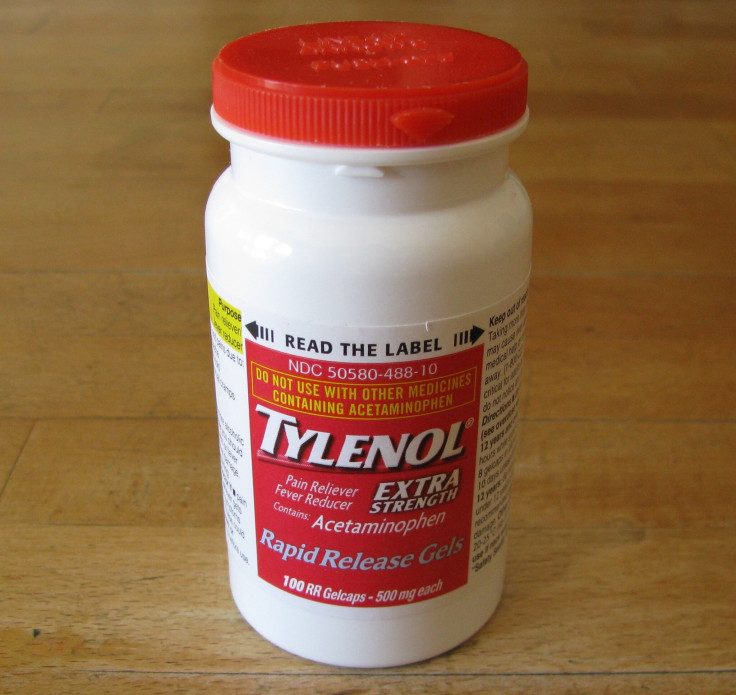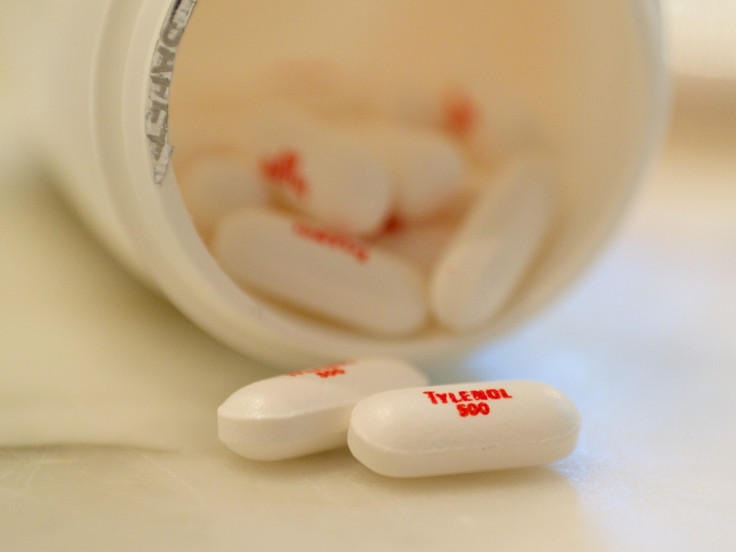What Is the 'Tylenol Murders' and Why Does the Famous Analgesic Keep Getting Linked to Controversies?
Branded paracetamol already shocked the world when it was linked to a series of deaths more than four decades ago

A medical controversy blew up in 1982 when seven people died in the Chicago area after ingesting Tylenol, a branded acetaminophen (paracetamol in the UK) from Kenvue, the Consumer Healthcare division of Johnson & Johnson.
The incident sparked a massive product recall and terrified consumers across the US.
Deaths Linked to 'Tylenol Murders'
The tragedy began on 29 September 1982, when 12-year-old Mary Kellerman mysteriously died after taking a tablet of Extra-Strength Tylenol capsule given by her parents the day before for a sore throat and runny nose.
On the same day, Adam Janus, a 27-year-old postal worker, also died in Arlington Heights, Illinois. His brother Stanley, aged 25, and sister-in-law Theresa, aged 19, from Lisle, headed to his home to grieve with their family. Both complain of throbbing headaches, so they both took an extra-strength Tylenol from the same bottle that Adam took earlier.
Stanley also passed away the same day, while Theresa followed two days after.
Three more mysterious deaths were recorded over the next few days. Mary McFarland, aged 35, Paula Prince, aged 35, and Mary Weiner, aged 27, all died after taking a capsule or two of Tylenol.
By early October, the police investigators discovered that the deaths were connected to cyanide poisoning and Tylenol, the best-selling over-the-counter pain reliever in the US at that time.

Results of Police Investigations
The police determined that the tainted Tylenol capsules were manufactured from two different locations, Texas and Pennsylvania, which could mean that the tampering happened after the product was displayed on store shelves.
Authorities believed that the suspect took the bottles off the shelves of stores within the Chicago area, then inserted potassium cyanide in some of the capsules, and then returned the bottles to the shelves so unknowing customers could purchase them.
Several suspects, like James William Lewis and Roger Arnold, were investigated. But further probing found no evidence to confirm their hand in the murders.
Lewis was convicted of extortion for sending a letter to Johnson & Johnson, demanding that the company pay $1 million to stop the cyanide poison-induced crimes. Meanwhile, Arnold spent time in jail for the murder of a bar owner.
Massive Recall
Johnson & Johnson initially ordered to recall all the bottles of Tylenol from lot MC2880, where Kellerman and the Januses' capsules came from.
But when the investigators learned that the contaminated bottles from the other victims came from other lots, the drug manufacturer ordered the recall of all extra-strength Tylenol bottles sold in the Chicago area.
It became one of the biggest pharmaceutical recalls in history.
Present-day Investigation Efforts
The Tylenol murders became a cold case when no culprit had been arrested. In January 2009, the Illinois police opted to restart the investigation.
DNAs of both Lewis and Arnold were collected by exhuming their bodies. Yet neither of their samples matched the DNA sample taken from the contaminated bottle.
The FBI also requested to check the DNA samples from 'Unabomber' Ted Kaczynski, since his parents had a home in suburban Chicago in 1982. However, his samples did not match the one on the tainted bottle.
To this day, the mystery about the Tylenol murders remains unsolved.
Current Tylenol Issue
Today, the over-the-counter medicine is facing another medical controversy after health officials from the Trump administration linked Tylenol use in pregnancy to autism.
US Health Secretary Robert Kennedy Jr. joined President Trump in the Oval Office on Monday to announce the dangers of using the drug while pregnant because it may cause autism.
Meanwhile, Kenvue defended its product in a statement released to BBC.
According to the drug manufacturer, 'We believe independent, sound science clearly shows that taking acetaminophen does not cause autism. We strongly disagree with any suggestion otherwise and are deeply concerned with the health risk this poses for expecting mothers.'
The manufacturer also mentioned that Tylenol's active ingredient, acetaminophen, remains the safest pain reliever for pregnant women, and they would be at risk of facing a dangerous choice between enduring painful conditions like fever or using riskier drug alternatives.
© Copyright IBTimes 2025. All rights reserved.




















